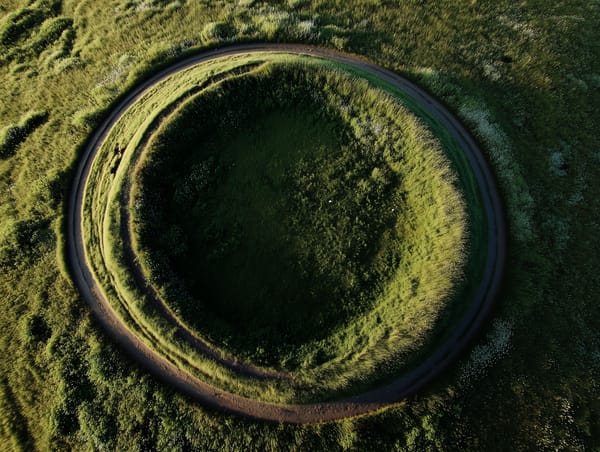
What Never Moves and What Always Should
"The distinction is simple: know what you hold firm and what you adjust."

"The distinction is simple: know what you hold firm and what you adjust."

"Frustration is not noise; it is data."

"Design the process and the work compounds quietly while everyone else chases the scoreboard."

"Your best work doesn’t begin when everything aligns. It begins on an ordinary day."

"Your work introduces you long before you speak, shaping trust, judgement, and opportunity without explanation."

"People don’t remember what you said you would do •• they remember what you delivered when it mattered."

"Results don’t respond to bursts; they respond to what you repeat."

“Comfort is not rest ·· comfort is avoidance dressed as stability.”

"Short recovery protects progress and keeps you moving when others pause."

"Smooth makes you comfortable. Steadiness makes you capable."

"Ease is never natural ·· it’s earned quietly, patiently, and in advance."

"The edge is not a trick. It is the detail that decides the quality of your decisions."

"Your paid hours earn your living. Your extra hours build your future."

"You do not need a plan for the year. You need one move today."

“Good days build output; hard days build capability.”

"Progress rarely looks like progress when you’re inside it—it feels like repetition, sounds like silence, and hides just beneath the surface of persistence."